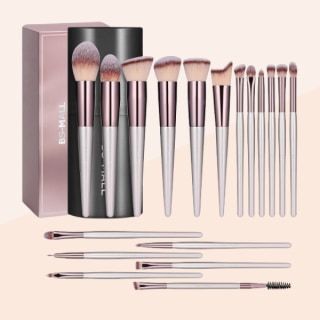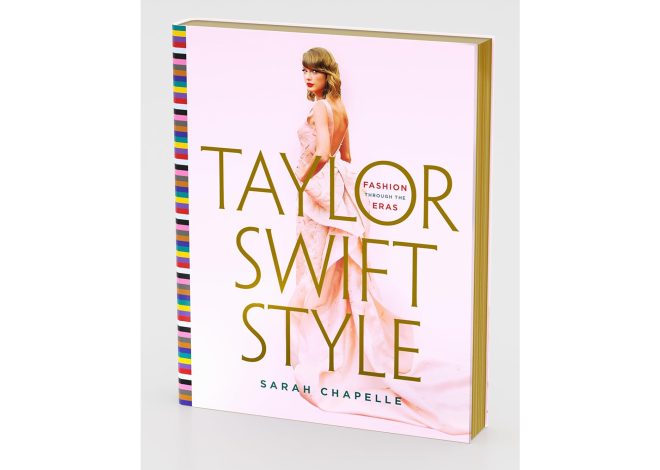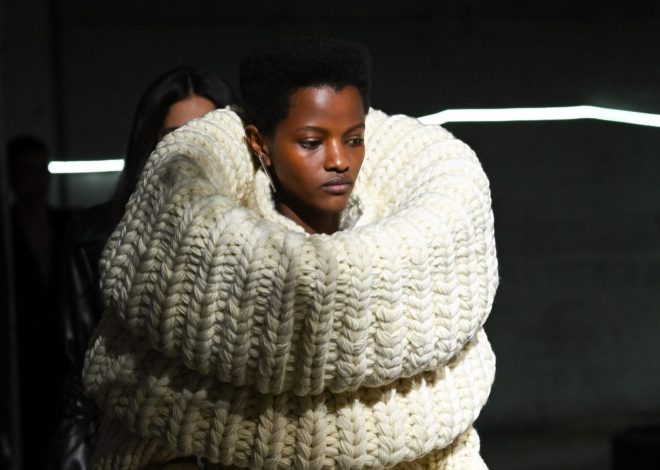
Asian stars replacing Western celebs as beauty, fashion endorsers in region, says new report
MANILA, Philippines – The Philippines is part of Southeast Asia’s growing luxury market that has been driving changes in how brands — particularly in beauty and fashion — are reaching out to consumers in the region.
In many international airports’ duty-free sections, for instance, Asian stars have been replacing Western celebrities as endorsers of luxury goods.
“Now, it’s Asian icons taking center stage,” said a report released Friday, October 4, by global market research consultancy firm, Canvas8.
In the case of the Philippines, the report cited Filipina actress and Kapamilya star Kathryn Bernardo, the first Filipino ambassador of French perfume and cosmetics brand Lancôme. Bernardo has 20.6 million followers on Instagram (IG) and is one of the top three Philippine social media influencers.
“The talented @bernardokath joins the Lancôme family as the first Brand Ambassador for the Philippines! As a multi-hyphenated actress, Kathryn Bernardo represents the epitome of the resilient and confident women, qualities that naturally radiate from the inside out. Her talent and hard work have earned her recognition as ‘Asia’s Superstar’ and ‘Blockbuster Queen,’” Lancome said in an Instagram post last June.
Other Filipina celebrities who have become major beauty and fashion endorsers cited in the report are Kapuso model-actress Heart Evangelista, wife of Senate President Chiz Escudero, and VIVA talent and ABS-CBN star actress-TV host Filipino-Australian Anne Curtis.
Evangelista, with 16.2 million followers on Instagram, labels herself as the “Philippine ambassador of style,” and is a rising Asian celebrity in Paris fashion engagements.
ABS-CBN’s It’s Showtime mainstay Curtis, on the other hand, with 20.8 million followers on Instagram, has endorsed international brands such as Gucci, Dior, and Valentino, based on her IG posts.
“The luxury landscape is shifting dramatically as Southeast Asia rises to prominence. Not only is this region becoming a hotbed for luxury brands, but it is also redefining global marketing strategies,” Canvas8 said in its release.
Although the Philippines’ luxury market isn’t as big as its Southeast Asian neighbors Singapore, Thailand, Malaysia, and Indonesia, the report nonetheless noted the changes taking place in the Philippines that it shares with the region.
“For the past two decades, the Asian economy has been continuously growing. The Asian luxury consumer has become a powerhouse in purchase and spending. Decades ago, it was only Japan that spearheaded the Asian luxury market, and it was Chinese tourists who came in droves when visiting fashion capitals like London or Paris. Top luxury brands are now focusing their marketing efforts to sign up Asian endorsers that represent their current biggest market,” said Jose Legaspi, a former marketing professor at De La Salle University, in the Canvas8 report, “How are Southeast Asian shoppers changing luxury?” by Gwyneth King.
“The silent growing force of the Asian luxury market has pulled these stars to the global stage,” the report said.
It estimated the Southeast Asian luxury market at $16 billion in 2024, an 11.3% increase from the $14.38 billion in 2022.
“This burgeoning market is attracting global brands to localize their communications and cater to a younger, trend-conscious audience,” said Canvas8.
Pop culture and K-pop
The biggest beneficiary of this shift is South Korea, with its K-pop and Hallyu stars cashing in on being endorsers of luxury brands.
Among the Korean idols cited in the report are:
Haerin for Dior
BTS’ Jungkook for Calvin Klein
Blackpink’s Jennie for Jacquemus
Stray Kids’ Felix for Louis Vuitton
“Local and regional pop culture is a powerful asset for brands across Southeast Asia, with Korean culture finding millions of devotees in neighboring Southeast Asian countries,” said the report.
K-pop fans, the report said, spend from $300 to $2,200 (P16,800 to P123,200) for merchandise, albums, and tickets for Korean idols.
For instance, the ticket prices for the upcoming Philippine reunion concert tour of K-pop girl group 2NE1, which includes Sandara Park, range from P3,000 to P16,500.
In Indonesia, the report said 48% of Hallyu fans there buy products recommended by K-pop idols.
Philippine brands have also arranged fan meetings with Korean idols as part of their marketing tack.
“In the Philippines, clothing brands Bench and Penshoppe vie for Korea’s hottest celebrities for endorsements, producing fan meetings and exclusive merchandise to give fans more opportunities to interact with their idols,” the report said.
Clothing brand Bench is owned by Chinese-Filipino businessman Ben Chan, while Penshoppe is led by another Chinese-Fiipino Bernie Liu.
The report added that the younger generation, is “heavily influenced by celebrity endorsements and pop culture.”
It said the young generation, particularly GenZs, “covet luxury goods at a younger age, thanks to aspirational Asian pop figures.”
“Those who follow trends look up to celebrity figures for inspiration, while dedicated fandoms tend to purchase whatever their idol endorses in the name of support and loyalty,” the report said.
It estimated that around 82% of shoppers in Southeast Asia have made purchases “because of influencer or celebrity recommendations,” with “63% saying celebrity suggestions positively impact their buying decisions.”
The product categories that benefit the most from “key opinion leader recommendations” are beauty (67%) and fashion (61%), the report said.
Pinoy pride
Following the rise of K-pop is P-pop, which the report attributed to “rising local pride.”
In the case of the Philippines, the report cited the 8-member girl group BINI as an example of the rise of “powerful…homegrown celebrities” as commercial endorsers.
The P-pop group has become a major endorser of fast-food conglomerate Jollibee, retail giant Puregold, and popular ecommerce site Shopee, among many other brands.

“With the rise of P-pop (Pinoy-pop, or Filipino pop) and BINI’s success the girl group has nabbed four new endorsements in 2024 with industry giants such as Jollibee and Shopee” the report said, projecting “significant popularity” of these “cultural icons…if promoted well.”

Experiential retail
Canvas8 also cited the key role played by malls in a luxury brand’s marketing strategy.
“Malls remain central to the luxury shopping experience in Southeast Asia, serving as communal spaces for social interaction and escape from the urban environment,” the report said.
It described malls as “third spaces, where shopping can be a means of connecting with people who share the same interests.”
It also noted that in countries which lack public parks, such as the Philippines, malls are venues to escape the “humid heat” and “pollution of the city.”
The report cited the Sy family’s SM Mall of Asia, and Thailand’s EmSphere, CentralPlaza WestGate and CentralWorld, as being among the biggest malls in the world.
“These spaces also lower the barrier for aspirational crowds wanting to get a taste of the luxury experience, especially in a region where class disparity is high,” the report said.
Pre-loved as entry
The report also cited the role played by the second-hand luxury market in driving consumers to original goods, saying it’s a route that democratizes “pathways for aspirational shoppers to experience exclusivity.”
It said 72% of Southeast Asias are “open to purchasing second-hand luxury,” the highest in the Asia Pacific market.
“While second-hand luxury may seem like a threat to the market, it could actually be beneficial in the long run,” the report said.
It cited the case of the now Singapore-owned app, Carousell, which sells many second-hand items.
“…the initial purchase of these ‘pre-loved’ items starts their consumer journey to a specific luxury brand, hence turning them into loyal consumers later on,” said market analyst Legaspi. – Rappler.com


